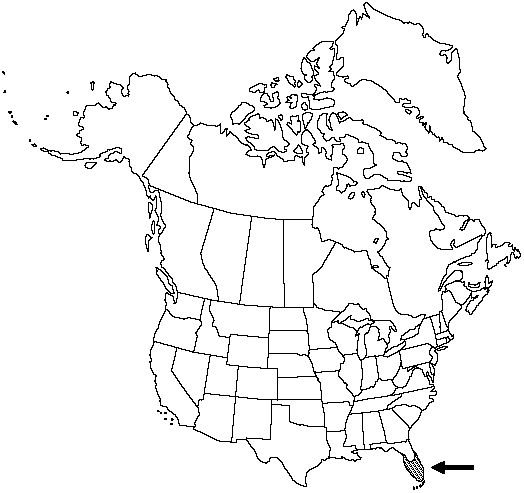Difference between revisions of "Pinus elliottii var. densa"
J. Forest. (Washington) 50: 921, fig. 1, 2. 1952.
FNA>Volume Importer |
FNA>Volume Importer |
||
| Line 20: | Line 20: | ||
}}<!-- | }}<!-- | ||
| − | --><span class="statement" id="st- | + | --><span class="statement" id="st-undefined" data-properties=""><b>Seedlings </b>with vertical growth interrupted by grass stage, stem then more thickened, fascicles much more numerous and crowded around bud, and other buds more approximate on stem. <b>Leaves</b> mostly in 2s, sometimes in 3s on same shoot, resin canals per leaf 3–9, hypodermis (2–)3–4(–5) cell-layers thick. <b>Seed</b>-cone base mostly rounded when open.</span><!-- |
-->{{Treatment/Body | -->{{Treatment/Body | ||
| Line 49: | Line 49: | ||
|publication year=1952 | |publication year=1952 | ||
|special status= | |special status= | ||
| − | |source xml=https://jpend@bitbucket.org/aafc-mbb/fna- | + | |source xml=https://jpend@bitbucket.org/aafc-mbb/fna-data-curation.git/src/9216fc802291cd3df363fd52122300479582ede7/coarse_grained_fna_xml/V2/V2_250.xml |
|genus=Pinus | |genus=Pinus | ||
|species=Pinus elliottii | |species=Pinus elliottii | ||
|variety=Pinus elliottii var. densa | |variety=Pinus elliottii var. densa | ||
| − | |||
| − | |||
| − | |||
| − | |||
| − | |||
| − | |||
| − | |||
| − | |||
| − | |||
| − | |||
| − | |||
| − | |||
}}<!-- | }}<!-- | ||
-->[[Category:Treatment]][[Category:Pinus elliottii]] | -->[[Category:Treatment]][[Category:Pinus elliottii]] | ||
Revision as of 14:15, 27 July 2019
Seedlings with vertical growth interrupted by grass stage, stem then more thickened, fascicles much more numerous and crowded around bud, and other buds more approximate on stem. Leaves mostly in 2s, sometimes in 3s on same shoot, resin canals per leaf 3–9, hypodermis (2–)3–4(–5) cell-layers thick. Seed-cone base mostly rounded when open.
Habitat: Flatwoods, mostly over limestone
Elevation: 0–10m
Discussion
The name Pinus caribaea Morelet has been applied in error to P. elliottii var. densa. This variety is best distinguished by its wood, which is heavier and harder than that of typical slash pine, and by its having a grass stage comparable to that of P. palustris. This variety is not used for naval stores as is the type variety; neither is it commercially planted.
Selected References
None.
